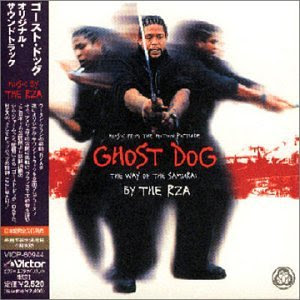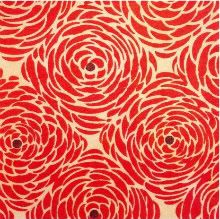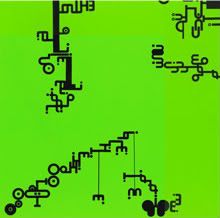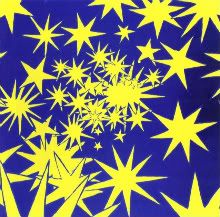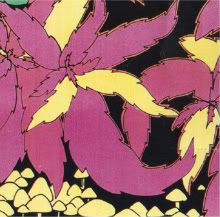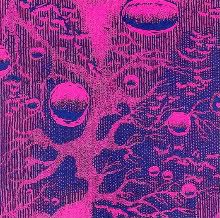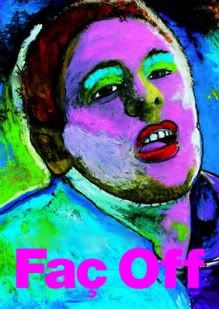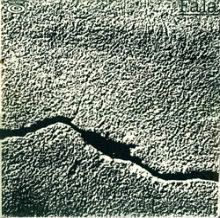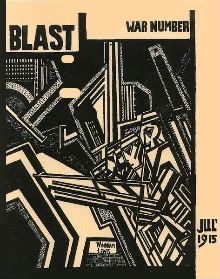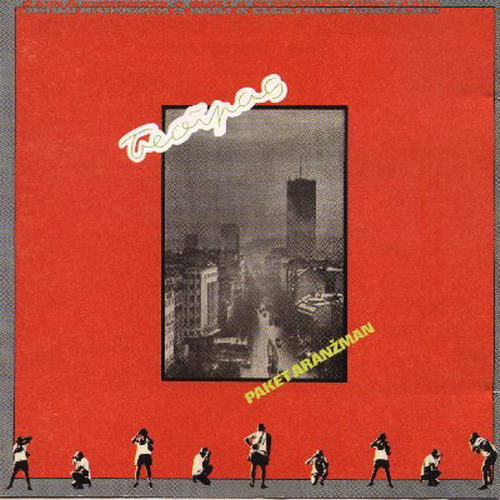
I love the energy of this album - it's taut and (I think it's safe to say) political like a lot of post-punk, but all the more worthwhile for the harsh social conditions under which it was produced. For all the gloom of the Eastern bloc, these groups sound like they were having fun, and the short but flawless career of Šarlo akrobata (of whom I am a big fan) exemplifies this: occasionally ska-inflected bursts of punk-inspired expression that would make for an interesting socio-historical study.
Šarlo clearly share their art school sensibilities with English contemporaries like Gang of Four, Wire et al; but if you had grown up in an environment shrouded behind the Iron Curtain, I think you might have more immediate priorities than artists in the 'free' world - who more often than not are met with a wall of conditioned ignorance or apathy. There is a sense that this is music that is truly reflecting a heavily oppressed generation that, having been spurred by the anarchic freedom of the punk movement, is struggling to not only free but to find itself and its role in this strange limbo-world.
This urgency in the music, occasionally tempered by bleak resignation, invokes all the usual Cold War imagery I somewhat romanticize in my head, so this little summary could only be positive coming from that perspective... And Paket aranžman is as perfect a snapshot of a time and place as one could hope for. However I think for the post-punk connoisseur and Europhile there is more to be had here. Only the three foremost Yugo Rock groups are featured, but they cover a lot of ground and only leave you dying to know what the lyrics are saying, particularly in Idoli's passive 'Amerika' (are they cynical, reverential?). The New Wave/Two Tone movements had obviously taken hold in Serbian record shops, the kids were doing the jerk to Costello, XTC, the Specials and producing music with the same tight rhythm sections and jagged guitars.
Here are some sample videos to help give you some idea of what these guys thought about life under leaders who were little more than Soviet puppets... note the mocking of Sov social realism in Idoli's Maljčiki video. SHOW PAPERS AT CHECKPOINT.
Sound wise, it's not 'lo-fi' in the conventional sense, some songs are endearingly ramshackle but no worse than a typical penniless Western group making do with a cheap studio. The difference here is that the music mattered. It mattered to a youth mired in the conflict and prejudices of their parent's/grandparent's generation - both Soviet and internal. It is scant comfort to know that things were only going to get worse - events of the ensuing decades would claim the lives of a few of the musicians featured on this record, including the drummer and frontman of Šarlo Akrobata.
Wiki:
'Paket aranžman is a New Wave music compilation album released in 1980 by Jugoton and is one of the most important and influential records ever made in the former Socialist Federal Republic of Yugoslavia. It features the eminent Belgrade artists: Šarlo akrobata, Električni orgazam and Idoli. Along with Novi Punk Val and Artistička radna akcija it is considered a symbol of the Yugoslav New Wave era and still has cult status in the countries that emerged after the breakup of Yugoslavia. The album was voted the second best Yugoslav rock album of all time by the critics. It is second only to Odbrana i poslednji dani by Idoli.'
LINK: http://www.mediafire.com/?2k2jzyyegur
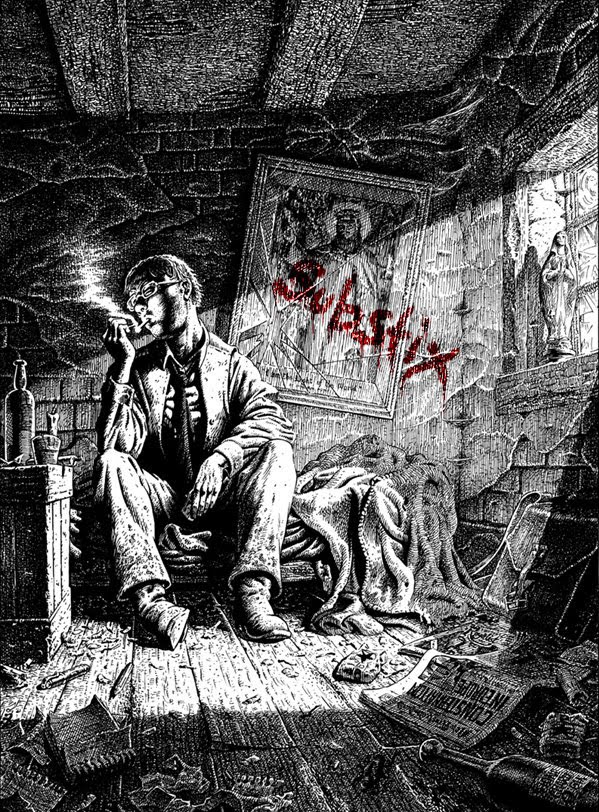



.jpg)


















